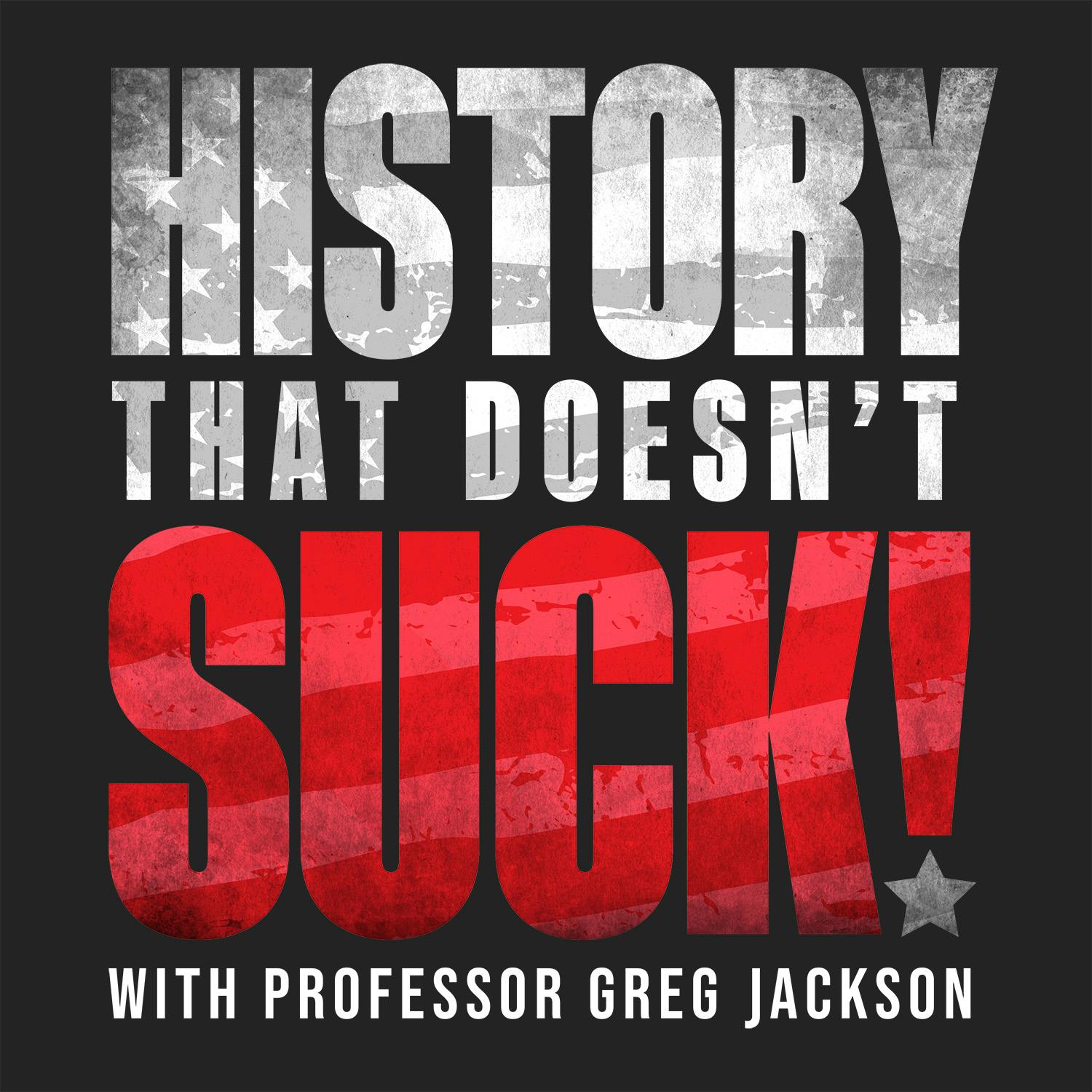
164: Harlem Renaissance: The Great Migration, Jazz, and the Flowering of Black Culture

History That Doesn't Suck
Chapters
- The Harlem Renaissance was a cultural movement that took place in the 1920s.
- It was centered in Harlem, New York City, which became a hub for Black intellectuals and artists.
- The movement was characterized by a new sense of pride and self-expression among Black Americans.
Shownotes Transcript
“Harlem is the queen of the black belts, drawing Aframericans together in a vast humming hive . . . from the different states, from the islands of the Caribbean, and from Africa . . . It is the Negro capital of the world.”
This is the story of the Harlem Renaissance.
In the early twentieth century, many Black families and individuals down South are finding that the only way out is up—to the North. Driven by Jim Crow discrimination and harsh economic realities, hundreds of thousands of African Americans head to cities like Chicago (the “promised land”) or Harlem (“Black Mecca”). This Great Migration fosters communities of gifted artists, and eventually, the rest of the country takes notice.
By the 1920s, Black culture is truly blooming. Up-and-coming writers including Zora Neal Hurston and Langston Hughes are crafting literature we still consume some 100 years later. Master musicians like Cab Calloway and Ella Fitzgerald are scattin’ up a storm in New York clubs. And let’s not forget the visual arts! The Harlem Renaissance features countless artists that contribute mightily to American culture and Black identity: let’s meet just a few.
(Audio of Cab Calloway was recorded in 1982 at the White Plains Public Library) in White Plains, NY, and used with their permission. We are grateful to the library and encourage listeners to support their local public library for the services they provide.)
Connect with us on HTDSpodcast.com) and
go deep into episode bibliographies) and book recommendations)
join discussions in our Facebook community)
get news and discounts from The HTDS Gazette)
come see a live show)
get HTDS merch
or become an HTDS premium) member for bonus episodes and other perks.
HTDS is part of the Airwave Media Network).
Learn more about your ad choices. Visit megaphone.fm/adchoices)
